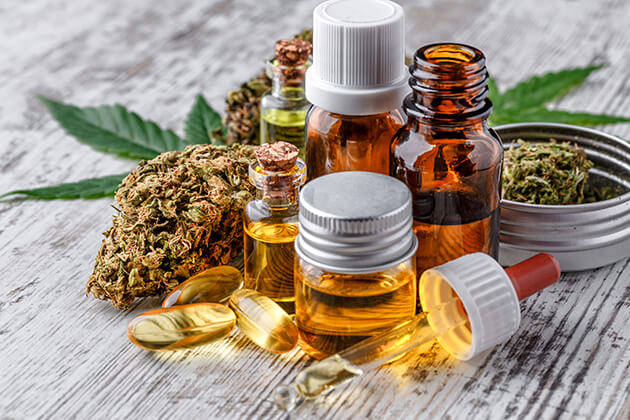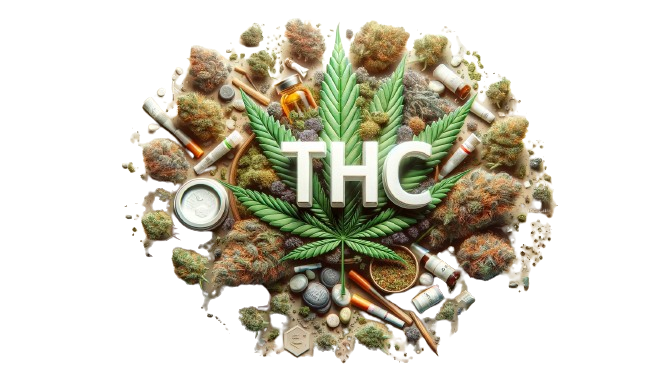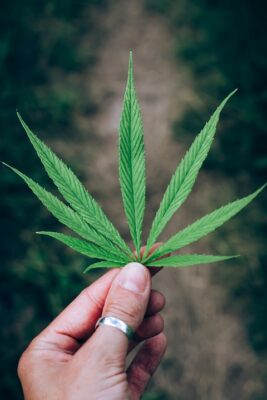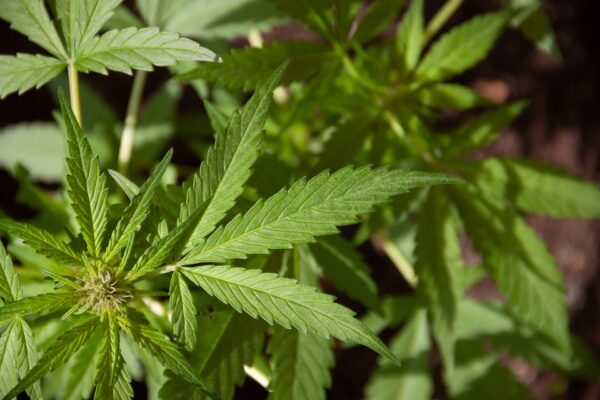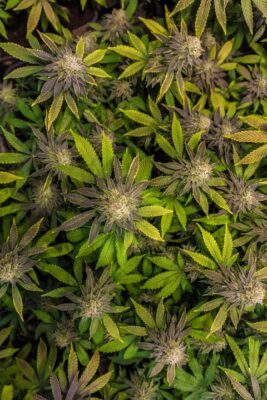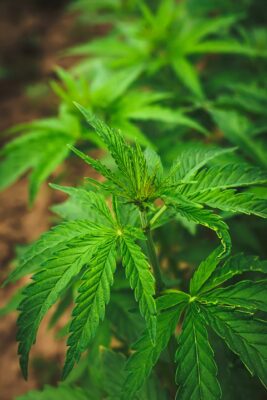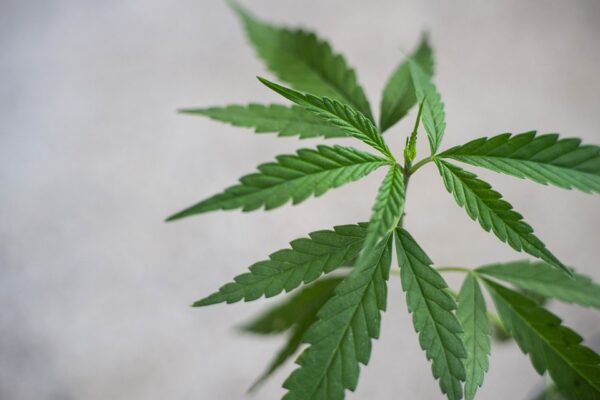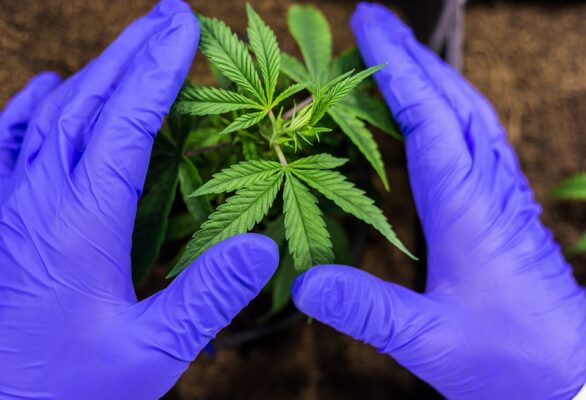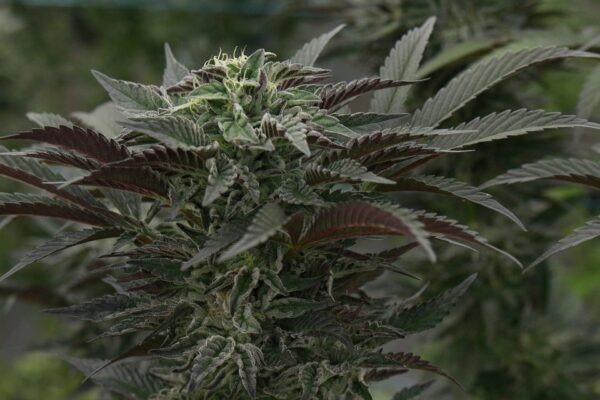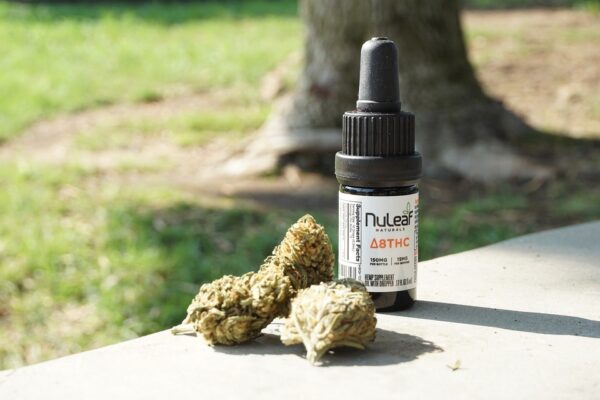Discover the Potent Benefits of THCA Flower: A Comprehensive Guide
Introduction:
Curious about Cheap THCA flower and its potential benefits? If you’re looking to explore the world of cannabinoids and their impact, you’re in the right place. In this post, we’ll delve into the fascinating realm of THCA flower and uncover its unique properties.
THCA, or tetrahydrocannabinolic acid, is a compound found in raw cannabis plants that shows promising therapeutic potential. Unlike its more well-known counterpart, THC, THCA doesn’t produce psychoactive effects. Instead, it offers a range of potential health benefits that are worth exploring.
In this comprehensive guide, we’ll take a closer look at what sets THCA flower apart, how it differs from THC, its potential medicinal properties, and how you can incorporate it into your wellness routine. Stay tuned to discover the exciting world of THCA flower and its evolving role in the realm of natural remedies.
What is THCA Flower
THCA flower refers to cannabis buds that contain high levels of tetrahydrocannabinolic acid (THCA). THCA is a cannabinoid found in the raw, unheated cannabis plant. Unlike THC (tetrahydrocannabinol), THCA is non-intoxicating, offering a range of potential therapeutic benefits without the mind-altering effects commonly associated with cannabis use.
Definition of THCA Flower
THCA flower is specifically cultivated to preserve high levels of tetrahydrocannabinolic acid (THCA) within the cannabis plant. This raw form of cannabis is appreciated for its potential medicinal properties and lacks the psychoactive effects typically found in THC-rich strains. THCA content is measured by the percentage of THCA by weight in the flower.
Key Characteristics of THCA Flower
- Non-psychoactive: THCA flower does not induce a “high” commonly associated with THC, making it suitable for those seeking therapeutic benefits without intoxication.
- Therapeutic Potential: Studies suggest that THCA may possess anti-inflammatory, neuroprotective, and antiemetic properties, making it appealing for medicinal purposes.
- Raw Form: THCA flower is consumed in its raw, unheated state to preserve the maximum amount of THCA content before decarboxylation converts it to THC.
- Varied Strains: Different cannabis strains contain varying levels of THCA, leading to unique effects and aromas based on the plant’s genetic makeup.
- Legal Considerations: THCA flower is subject to legal restrictions and regulations depending on the region due to its association with cannabis.
By understanding the nature of THCA flower and its key characteristics, individuals can explore its potential benefits within the realm of cannabis consumption.
Understanding THCA vs. THC
THCA and THC are cannabinoids found in cannabis plants, each with unique properties and effects on the body. Let’s distinguish between these two compounds and explore how they differ in terms of effects.
Distinguishing THCA from THC
THCA stands for tetrahydrocannabinolic acid, which is a precursor to THC. In its raw form, cannabis contains THCA, which is non-intoxicating. When exposed to heat through processes like smoking or vaping, THCA decarboxylates and transforms into THC, the psychoactive compound responsible for the “high” associated with cannabis consumption.
On the other hand, THC, or delta-9-tetrahydrocannabinol, is the primary psychoactive component of cannabis. It interacts with the endocannabinoid system in the body, binding to receptors to produce various effects such as euphoria, relaxation, and altered sensory perception. Unlike THCA, THC is known for its intoxicating properties and is what typically comes to mind when people think of cannabis consumption.
Effects of THCA compared to THC
THCA does not induce psychoactive effects like THC. Instead, it is believed to offer potential therapeutic benefits such as anti-inflammatory, neuroprotective, and antiemetic properties. Some users prefer consuming raw cannabis or products high in THCA for potential health benefits without experiencing a high.
In contrast, THC is well-known for its euphoric and mood-altering effects. It can enhance sensory perception, stimulate appetite, relieve pain, and help with conditions like anxiety and insomnia. However, it may also cause side effects such as paranoia or impaired coordination in some individuals.
Understanding the differences between THCA and THC is crucial for consumers looking to harness the potential benefits of cannabis while being mindful of the desired effects. Both compounds play distinct roles in the realm of cannabis consumption, offering a wide range of experiences and therapeutic possibilities.
Benefits of THCA Flower
THCA flower offers a range of potential benefits that make it an intriguing option for those seeking natural remedies. From pain relief properties to anti-inflammatory effects, neuroprotective qualities, and potential antiemetic benefits, THCA flower has been gaining attention for its therapeutic potential.
Pain Relief Properties
One of the key benefits of THCA flower is its ability to provide relief from pain. Studies suggest that THCA may interact with the body’s endocannabinoid system to help manage pain symptoms effectively. For individuals dealing with chronic pain conditions, THCA flower could offer a promising alternative to traditional pain medications.
Anti-Inflammatory Effects
Inflammation is a common underlying factor in various health issues, including arthritis and autoimmune disorders. THCA flower has shown anti-inflammatory properties, which could help combat inflammation and alleviate associated symptoms. By targeting inflammatory pathways, THCA may offer a natural approach to managing inflammatory conditions.
Neuroprotective Qualities
The neuroprotective qualities of THCA flower are particularly compelling for those concerned about brain health. Research suggests that THCA has antioxidant properties that help protect brain cells from damage and degeneration. This makes THCA flower a potential ally in promoting cognitive function and overall brain health.
Potential Antiemetic Benefits
THCA flower may also have potential antiemetic benefits, meaning it could help reduce nausea and vomiting. For individuals undergoing chemotherapy or experiencing gastrointestinal issues, the antiemetic properties of THCA flower could offer relief and improve quality of life. By soothing the stomach and easing feelings of nausea, THCA has the potential to provide comfort during challenging times.
Incorporating THCA flower into a wellness routine may offer a natural and holistic approach to managing various health concerns. With its diverse range of potential benefits, THCA flower presents an exciting opportunity for individuals looking to explore alternative therapies for pain, inflammation, neuroprotection, and nausea relief.
Consumption Methods
When it comes to consuming THCA flower, there are several methods that users can choose from to experience the benefits of this cannabinoid. Each method offers a unique experience and varying onset times, making it important to understand the differences to find the best option for your preferences.
Smoking THCA Flower
Smoking THCA flower is a popular method among cannabis enthusiasts. By using a pipe, bong, or joint, the flower is ignited, and the smoke is inhaled. This method provides a quick onset of effects, making it ideal for those looking for immediate relief. The act of smoking can also be a social experience, bringing people together to enjoy the benefits of THCA.
Vaporizing THCA Flower
Vaporizing THCA flower is a more modern approach to consumption. This method involves heating the flower at a lower temperature than combustion, releasing vapor that can be inhaled. Vaporizing preserves more of the terpenes and cannabinoids present in the flower compared to smoking, offering a more flavorful and potentially healthier experience.
Infusing THCA into Edibles
For those who prefer not to inhale their THCA, infusing it into edibles is a popular alternative. By decarboxylating the flower and incorporating it into oils or butter, THCA can be used in a variety of recipes such as baked goods, gummies, or savory dishes. Edibles provide a longer-lasting and potent experience as the cannabinoids are metabolized through the digestive system.
Exploring these consumption methods allows users to find the most suitable way to enjoy THCA flower based on their preference for onset time, experience, and desired effects.
Legal Status and Regulations
When it comes to the legal status and regulations surrounding THCA Flower, it’s essential to understand the nuanced landscape that governs its usage and distribution. THCA Flower, containing non-psychoactive compounds, has garnered attention for its potential therapeutic benefits. Let’s delve into the different aspects of its legal status:
THCA Flower in Medical Use
In the realm of medical cannabis, THCA Flower has shown promise in providing relief for various conditions. Many states have legalized the use of medical marijuana, including THCA Flower, for patients with qualifying medical conditions. By harnessing the potential benefits of THCA, individuals seeking alternative treatment options can explore the therapeutic properties of this cannabinoid.
THCA Flower in Recreational Market
While medical use of THCA Flower is gaining acceptance in several regions, the landscape for recreational use varies significantly. Some states have legalized the recreational use of cannabis products, including THCA Flower, for adults over a certain age. Regulations surrounding recreational cannabis often dictate where and how these products can be sold and consumed, shaping the consumer experience within this market segment.
Navigating the legal status and regulations of THCA Flower requires a nuanced understanding of local, state, and federal laws. Whether used for medical purposes or in the recreational market, staying informed about the evolving landscape of cannabis legislation is crucial for both consumers and industry stakeholders.
Conclusion
In conclusion, THCA flower offers a natural and potent alternative for users seeking the potential therapeutic benefits of cannabinoids without the psychoactive effects commonly associated with THC. As the market for cannabis products continues to expand, THCA flower stands out for its unique properties and versatility in consumption methods. Whether you’re looking to alleviate pain, reduce inflammation, or simply relax without the high, THCA flower provides a promising option that is worth exploring further. Embrace the power of nature with THCA flower and unlock its full potential for your well-being.

